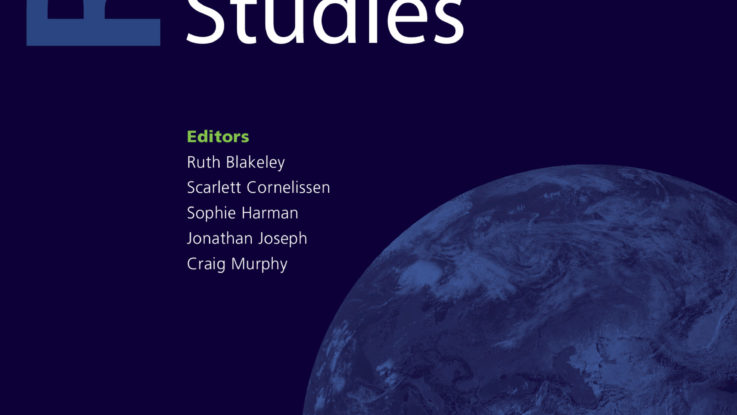
We have a new article, co-authored with Steven Michael Ward, which touches on some important themes in Exit from Hegemony. It’s written for a purely academic audience, but it discusses the dynamics of “exit from below” and the different ways that states object to the current international system. The article’s abstract follows.
, co-authored with Steven Michael Ward, which touches on some important themes in Exit from Hegemony. It’s written for a purely academic audience, but it discusses the dynamics of “exit from below” and the different ways that states object to the current international system. The article’s abstract follows.
Unimensional accounts of revisionism – those that align states along a single continuum from supporting the status quo to seeking a complete overhaul of the international system – miss important variation between a desire to alter the balance of military power and a desire to alter other elements of international order. We propose a two-dimensional property space that generates four ideal types: status-quo actors, who are satisfied with both order and the distribution of power; reformist actors, who are fine with the current distribution of power but seek to change elements of order; positionalist actors, who see no reason to alter the international order but do aim to shift the distribution of power; and revolutionary actors, who want to overturn both international order and the distribution of capabilities. This framework helps make sense of a number of important debates about hegemony and international order, such as the possibility of revisionist hegemonic powers, controversies over the concept of ‘soft balancing’, and broader dynamics of international goods substitution during power transitions.

